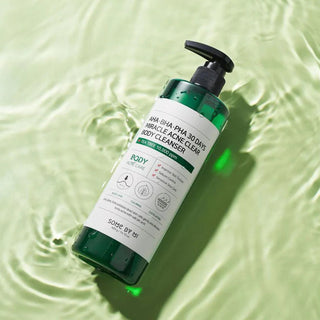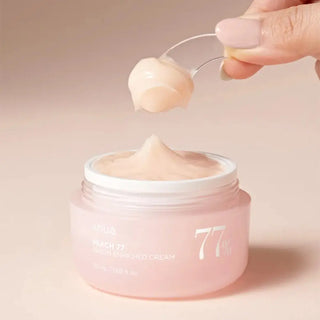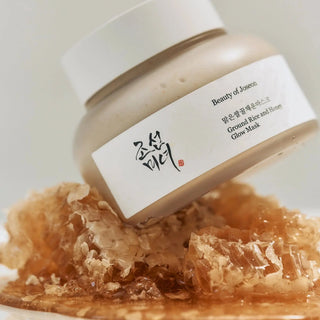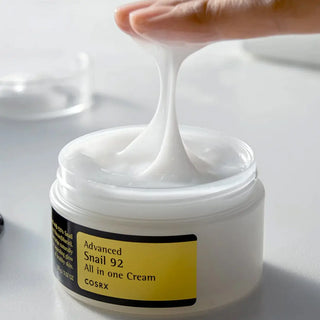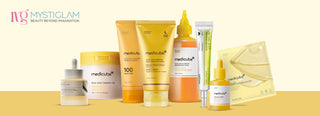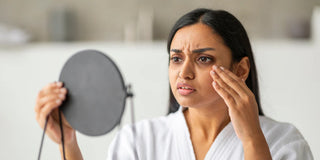Healthy skin depends on more than just creams and serums. Nutrients play a huge role, and among them, vitamin D stands out. Known as the “sunshine vitamin,” it supports cell renewal, helps with healing, and contributes to maintaining a radiant complexion. Getting the right balance is essential for maintaining vitamin D for healthy skin without risking damage from too much sun exposure.
The Science Behind Vitamin D and Skin Health
Vitamin D is produced when your skin absorbs UVB rays from sunlight. This vitamin assists in forming new skin cells and helps repair damaged tissue. Research shows that vitamin D can keep your skin barrier strong, making it more resilient against pollution, dryness, and environmental stress.
Sunlight and Its Benefits for The Skin
Moderate sunlight exposure has its perks. The body utilizes it to produce vitamin D, which subsequently supports smoother and healthier skin. Controlled sun exposure may also reduce certain skin issues by calming inflammation. These sunlight skin benefits highlight why balance is the key. While too much sun leads to damage, short periods of direct exposure can do wonders for your complexion.
How Much Sunlight Do You Really Need?
Experts recommend around 10 to 15 minutes of direct sunlight a few times a week, especially during the early morning or late afternoon hours when rays are less harsh. This small dose allows your skin to generate enough vitamin D without overexposure. Of course, skin type, age, and lifestyle all affect how much sunlight you need.
The Role of Sunscreen Alongside Sunlight
Enjoying sunlight doesn’t mean skipping sunscreen. Using broad-spectrum sun protection ensures you get vitamin D while shielding your skin from harmful UV damage. Many dermatologists advise applying sunscreen after your recommended sun exposure period to strike the right balance.
Foods That Boost Vitamin D Levels Naturally
If sunlight alone isn’t enough, certain foods can help raise vitamin D levels:
- Fatty fish like salmon and mackerel
- Egg yolks
- Mushrooms exposed to sunlight
- Fortified milk and cereals
Pairing these with safe sun exposure provides a more complete approach to skin health.
Skin Changes Caused by Low Vitamin D
Low vitamin D levels can show up in subtle skin issues. Dryness, dullness, and slower healing are common signs. In some cases, deficiency can contribute to flare-ups of eczema or psoriasis. Ensuring proper intake through sunlight, food, or supplements is a step toward healthier skin.
How Vitamin D Supports the Skin Barrier
The skin barrier serves as your primary protection against irritants, bacteria, and pollutants. Vitamin D contributes to barrier repair, keeping skin smooth and less prone to redness. This is particularly important in regions like the UAE, where dust and sun exposure put constant pressure on your skin.
Anti-Aging
Aging skin often shows signs like fine lines, thinning texture, and uneven tone. Adequate vitamin D helps delay some of these changes by boosting cell turnover and encouraging new growth. Paired with a good anti-aging routine, it keeps the skin looking fresh and youthful.
Supporting Hydration Alongside Vitamin D
While vitamin D plays a vital role, hydration keeps your skin supple. In the UAE’s hot climate, dehydration can quickly undo skin benefits gained from the sun. A good skincare routine with moisturizers and hydrating serums ensures skin stays balanced while vitamin D strengthens the skin barrier. Many dermatologists recommend the best Korean moisturizer for sensitive skin when dealing with dryness caused by sun exposure. Together, hydration and nutrients form a strong foundation for healthy, glowing skin.
Best Practices for Sunlight and Vitamin D Balance
- Aim for early morning or late afternoon exposure.
- Keep sessions short and consistent.
- Protect your skin with sunscreen after exposure.
- Combine sunlight with a balanced diet rich in vitamin D.
- Drink enough water to prevent dryness.
Practical Skincare Tips for the UAE Climate
Living in Dubai and other cities across the UAE means dealing with high temperatures and strong sunlight. Here are a few tips to keep your skin healthy:
- Always carry a hydrating mist to refresh skin on the go.
- Choose lightweight moisturizers during the day and richer creams at night.
- Store toner in the refrigerator for a cooling effect.
- Reapply sunscreen every 2–3 hours when outdoors.
Building A Routine with Vitamin D in Mind
A solid skincare routine in sunny climates should include:
- Gentle cleanser to wash away dirt and sweat.
- Hydrating toner to prep the skin.
- Essence or serum for targeted treatment.
- Moisturizer to lock in hydration.
- Sunscreen for daily protection.
- Consistent vitamin D intake through safe sun exposure and diet.
Common Myths About Vitamin D and Sunlight
Myth: 1
More sun means more vitamin D.
Truth
Only limited exposure is needed; too much sun increases the risk of damage.
Myth: 2
Sunscreen blocks all vitamin D.
Truth
Small doses of sun before applying sunscreen still allow your body to create vitamin D.
Myth: 3
Darker skin doesn’t need sunlight.
Truth
Darker skin tones may actually require slightly more sun exposure for the same vitamin D production.
Long-Term Benefits of Balanced Vitamin D
Over time, consistent and safe vitamin D levels contribute to:
- Stronger skin barrier
- Improved hydration
- Reduced irritation
- Better healing response
- A more youthful appearance
Final Thoughts
The connection between vitamin D, sunlight, and skin health is clear. With mindful sun exposure, a nutrient-rich diet, and the right skincare, you can enjoy radiant skin even in the UAE’s demanding climate.
If you are looking for the best moisturizer for dry skin that helps lock in hydration, Mystiglam brings authentic Korean beauty products that pair perfectly with your skin’s natural needs. From hydrating toners and essences to protective sunscreens and moisturizers, our curated selection helps you build a complete routine designed for healthy, glowing skin.


